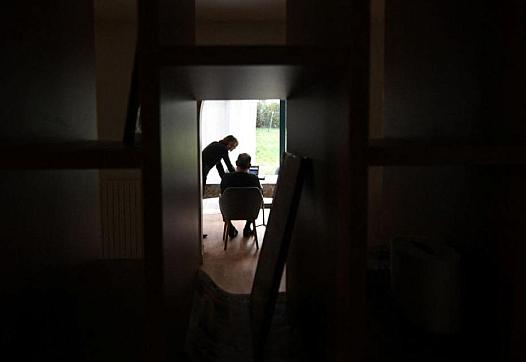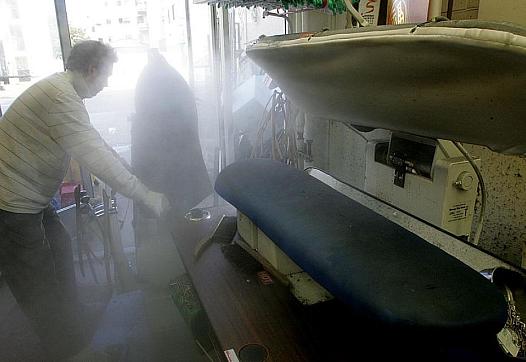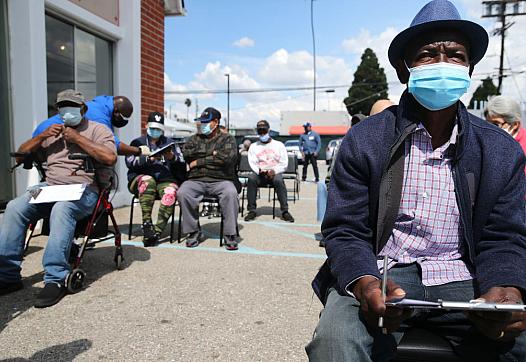
As the cost of diapers continues to skyrocket, a tax exemption in California is set to expire this summer.

As the cost of diapers continues to skyrocket, a tax exemption in California is set to expire this summer.

Caregivers are overlooked and unacknowledged.

Communities deserve to know more about the silent public health threat potentially sitting below their homes and businesses.

Also, Johns Hopkins and NYT curtail COVID tracking efforts, and new research on long COVID's unequal toll.

The pandemic continues to bring stress upon those in the state who can least afford it.

Also, California drops plan to require COVID vaccines in schools, and Chinese study claims no new variants detected from outbreak there.

Also this week: Dearth of pandemic data on race, ethnicity ‘beyond bad,' and experts support additional oversight of pathogen research.

Stigma leaves many without the products or knowledge they need to maintain a healthy period, a new reporting project finds.

The challenge: Proving that health tech companies can make a viable business out of reaching low-income people who also face social challenges.

The San Diego Union-Tribune is putting a spotlight on the real cost of child care in California.